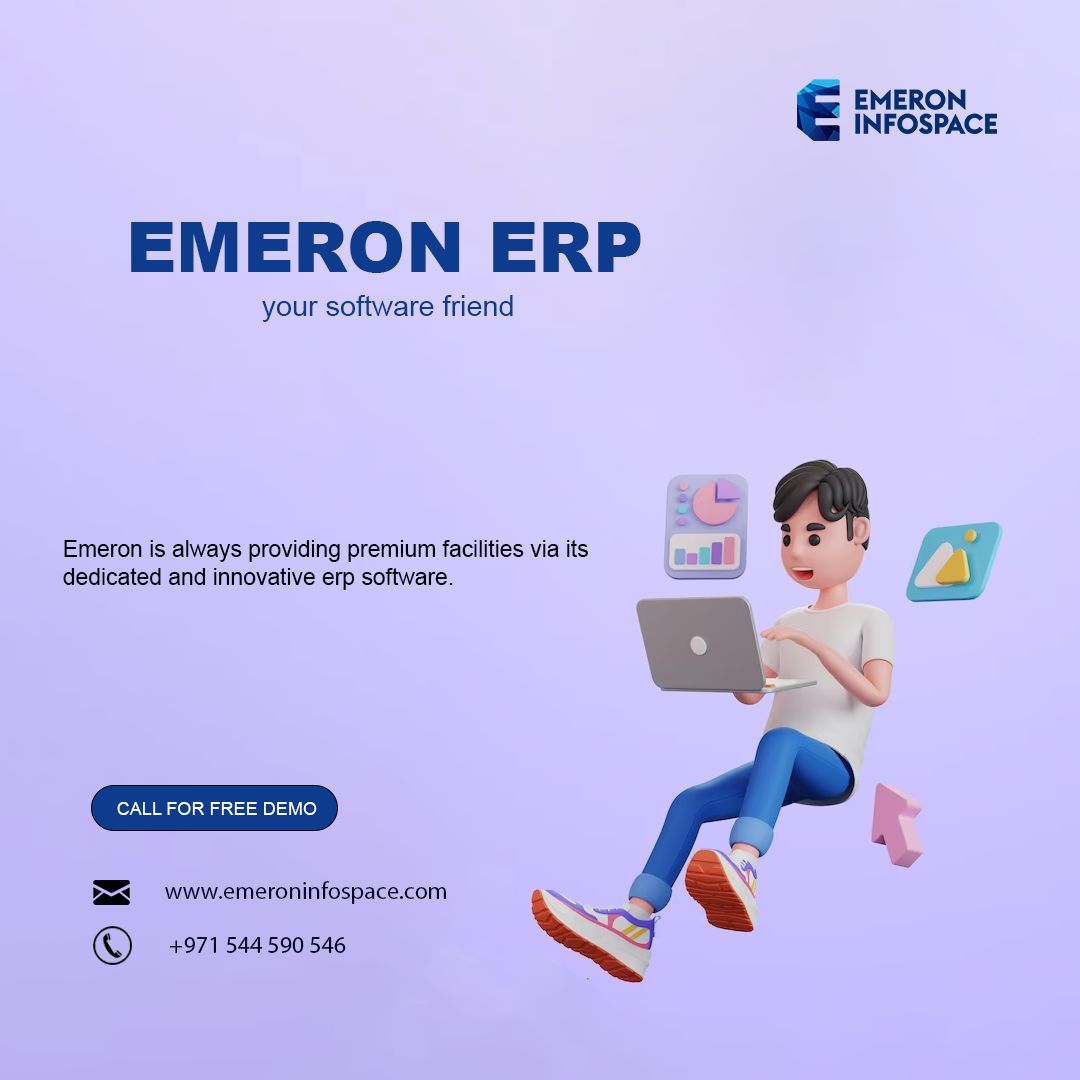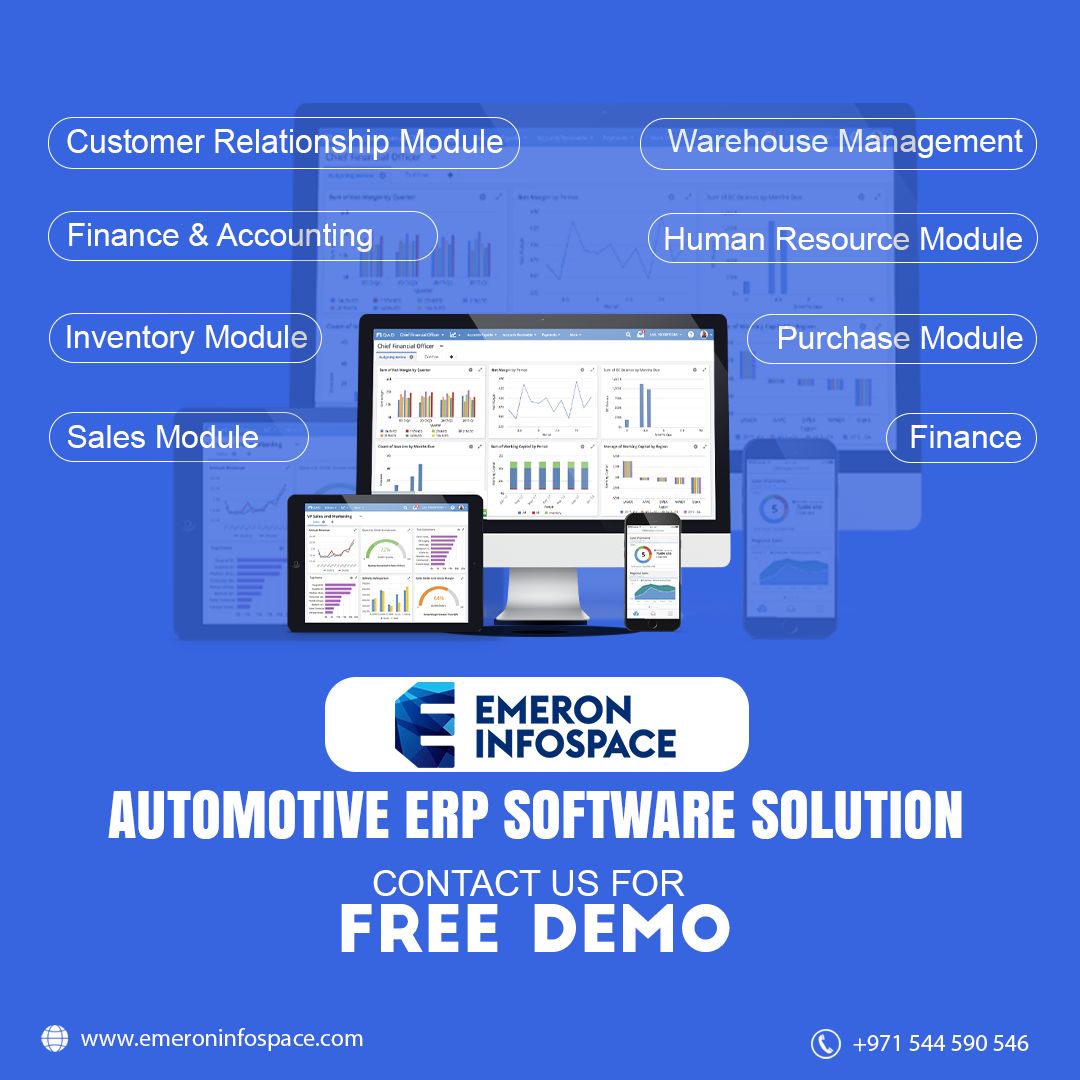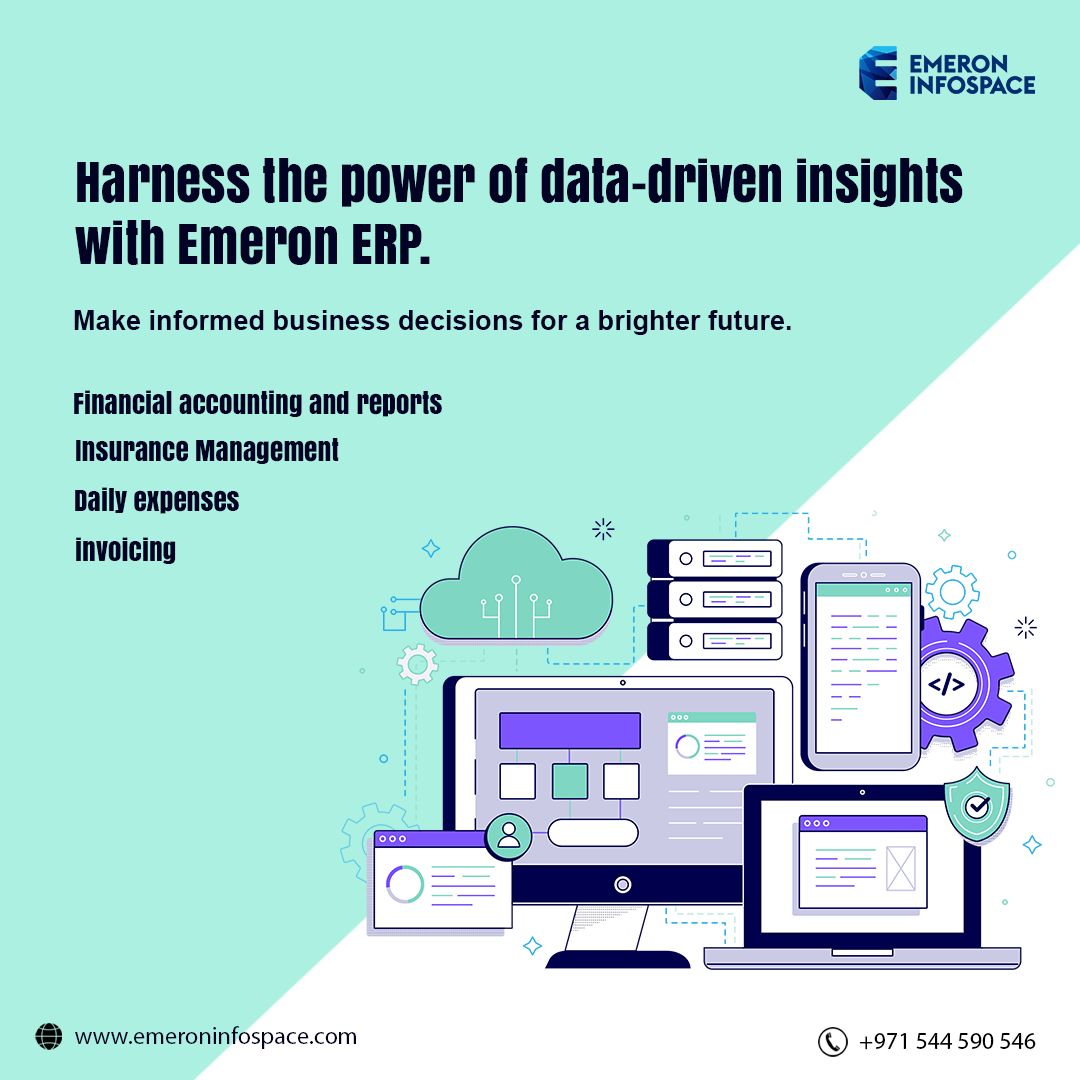TRANSFORM YOUR BUSINESS WITH ERP AND BEYOND

In today's fast-paced, globalized business environment, companies need to be agile, efficient, and productive to stay competitive. Enterprise resource planning (ERP) software has emerged as a powerful tool for businesses to streamline their operations, improve efficiency, and drive growth.
ERP is a software system that integrates various business functions and processes, such as accounting, finance, inventory management, supply chain management, human resources, sales, and customer relationship management. By consolidating all of these functions into a single, unified system, ERP provides a real-time, holistic view of the business, enabling managers to make informed decisions based on accurate, up-to-date data.

One of the primary benefits of ERP is increased efficiency and productivity. By automating routine tasks and eliminating manual processes, ERP frees up employees' time to focus on higher-value tasks, such as strategic planning and customer service. For example, instead of manually entering data into multiple systems, an ERP system can automate data entry and automatically update all relevant systems, reducing the risk of errors and saving time.
Another benefit of ERP is improved data analysis and decision-making. With a single source of truth for all business data, managers can access real-time, accurate information to make informed decisions quickly. ERP systems also include reporting and analytics tools that can provide insights into key business metrics, such as sales trends, inventory levels, and customer behavior. This data can be used to identify opportunities for growth, optimize processes, and improve customer satisfaction.
ERP can also help businesses scale and grow. As companies expand, they often face challenges in managing complex, distributed operations. ERP provides a centralized, standardized system that can be easily replicated across multiple locations and business units. This standardization can help improve consistency, reduce costs, and increase efficiency across the organization. Additionally, ERP systems can be customized to meet the unique needs of different departments or business units, enabling greater flexibility and agility.

Integration is another key benefit of ERP. As businesses adopt new technologies and systems, they often struggle to integrate them with existing systems. ERP provides a single platform that can integrate with other systems, such as customer relationship management (CRM), supply chain management (SCM), and enterprise content management (ECM). This integration can help streamline processes, reduce duplication of effort, and improve data accuracy.
Despite the many benefits of ERP, implementing and managing an ERP system can be a complex and resource-intensive process. Companies must invest in training and change management to ensure that employees are prepared to use the new system and that business processes are aligned with the system's capabilities. Additionally, ERP implementations often require significant customization to meet the unique needs of the business, which can add to the cost and complexity of the project.

To maximize the benefits of ERP and ensure a successful implementation, companies should follow a structured approach. This typically involves:
1. Conducting a thorough needs assessment to identify the business processes that can be improved with ERP.
2. Selecting the right ERP system that meets the company's needs and aligns with its strategy.
3. Developing a detailed implementation plan that outlines the timeline, budget, and resources required for the project.
4. Conducting extensive training and change management to prepare employees for the new system.
5. Ongoing monitoring and evaluation to ensure that the system is delivering the expected benefits and that processes are aligned with the system's capabilities.
In conclusion, ERP has emerged as a powerful tool for businesses to transform their operations, improve efficiency, and drive growth. By consolidating various business functions and processes into a single, unified system, ERP provides a real-time, holistic view of the business, enabling managers to make informed decisions based on accurate, up-to-date data. The benefits of ERP include increased efficiency and productivity, improved data analysis and decision-making, scalability, integration, and customization. While implementing and managing an ERP system can be complex and resource-intensive, a structured approach can help maximize the benefits and ensure a successful implementation.